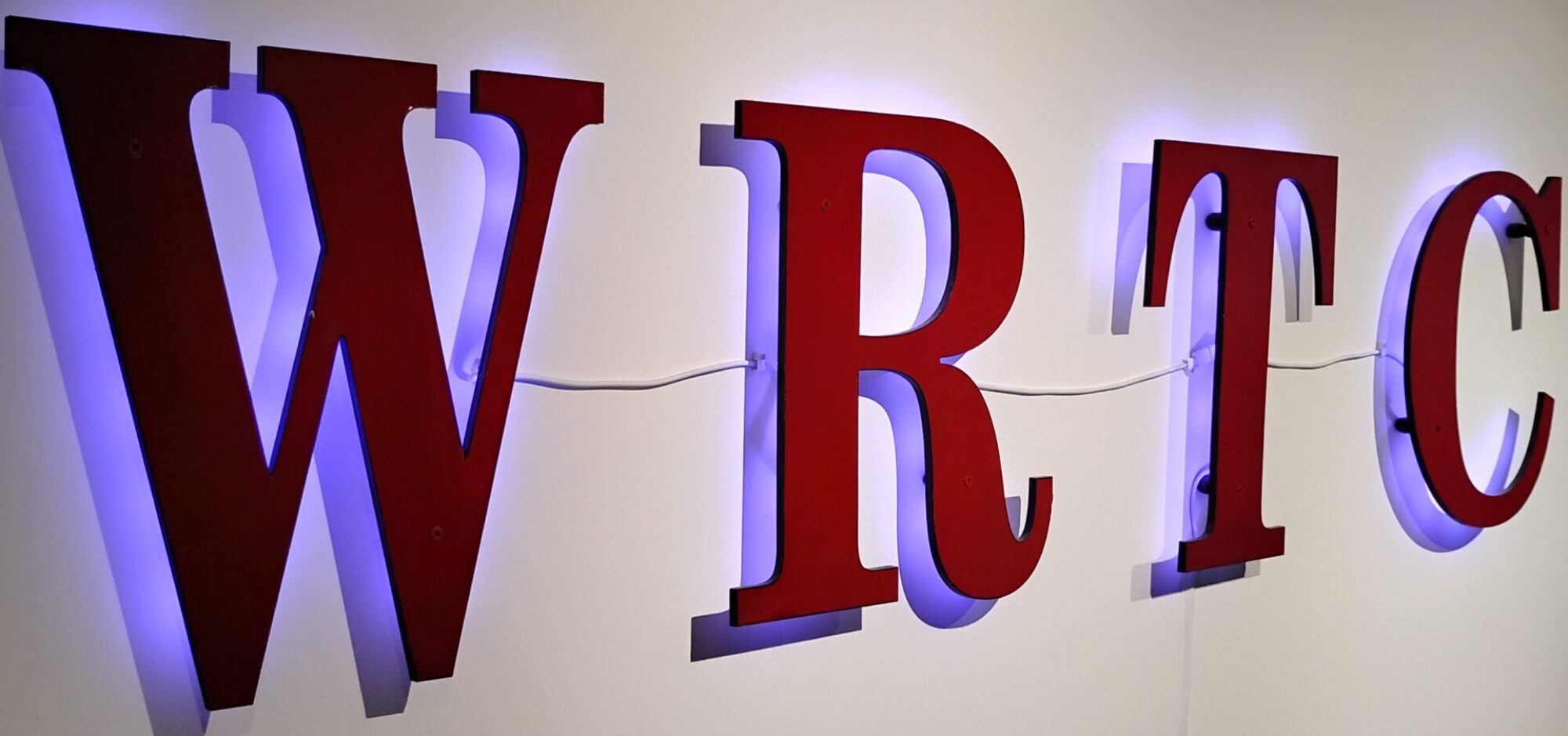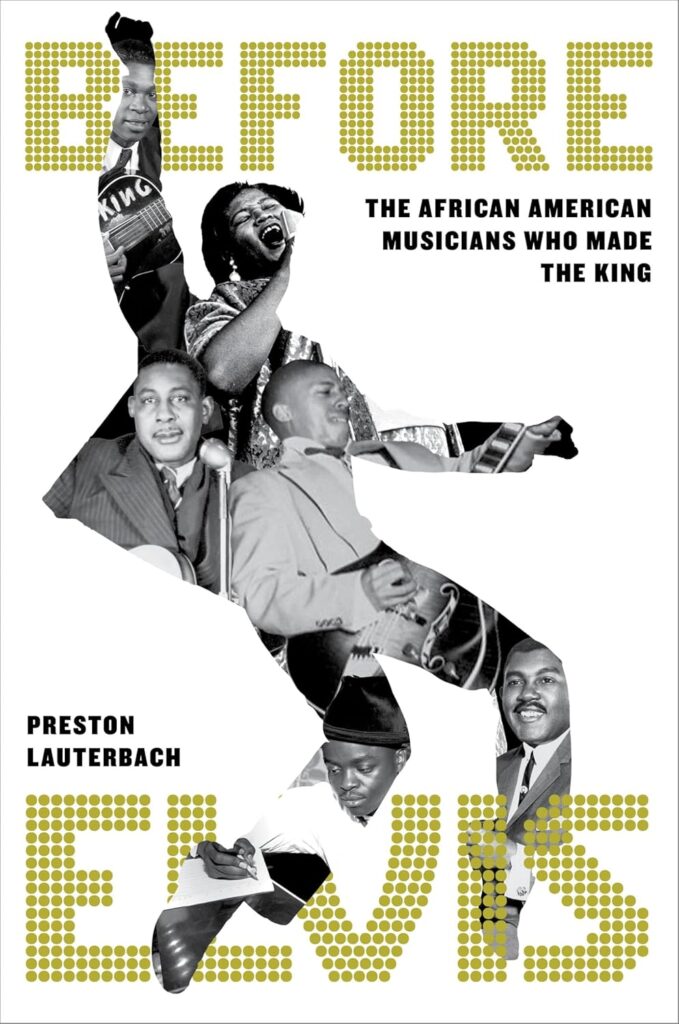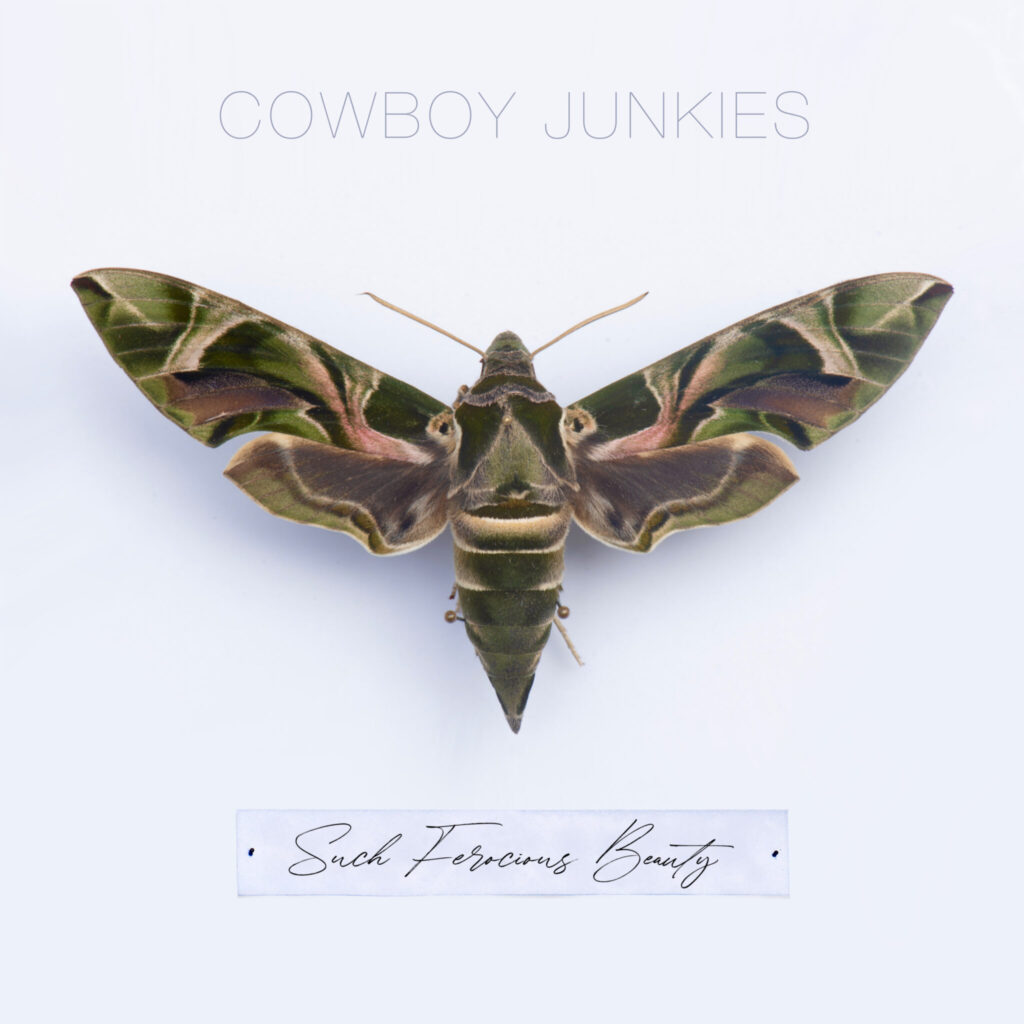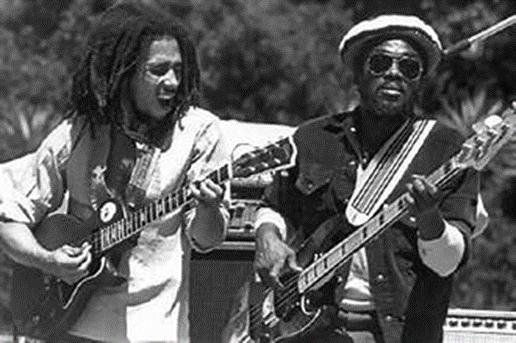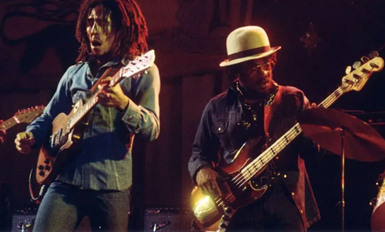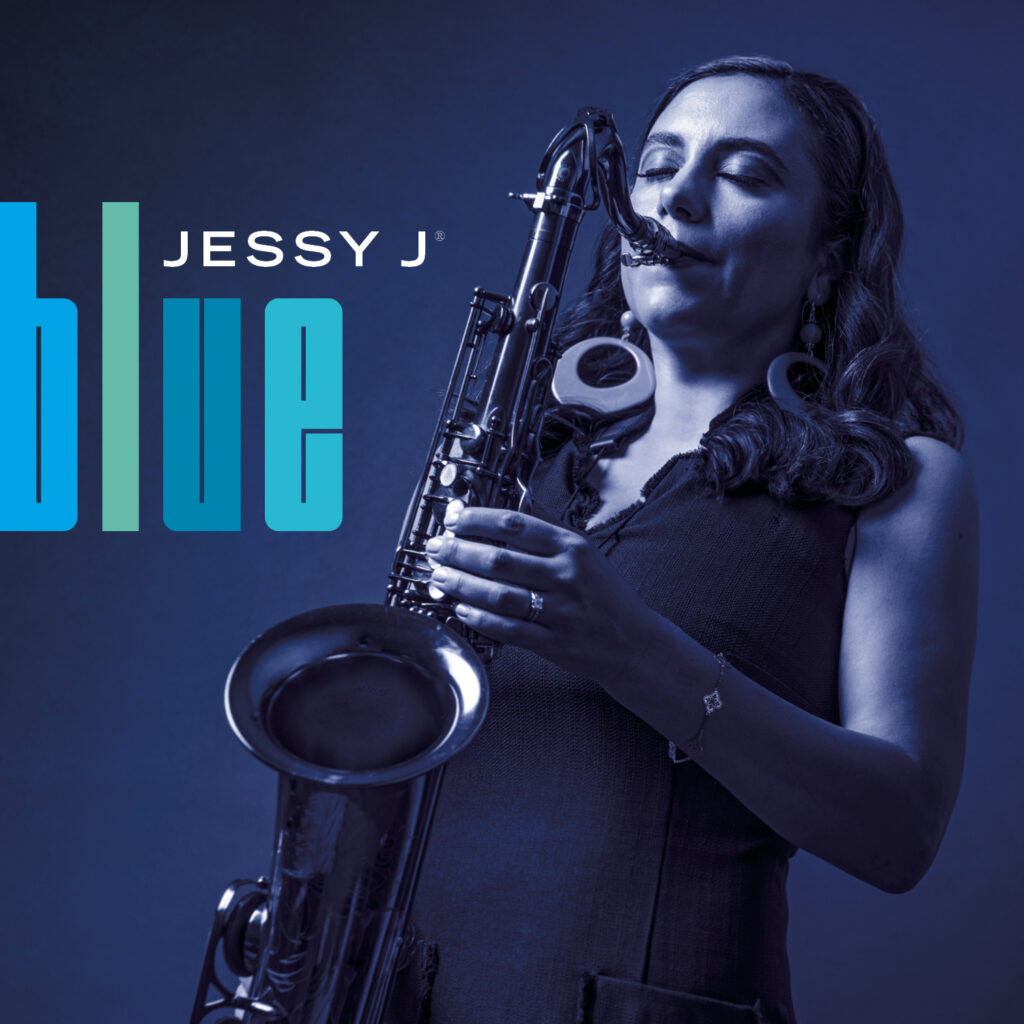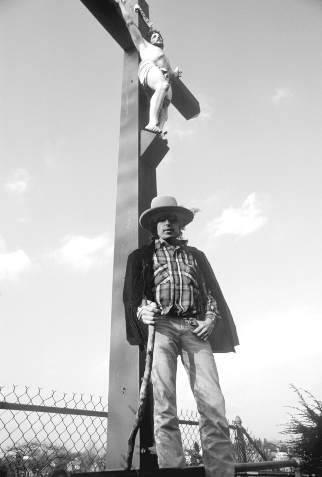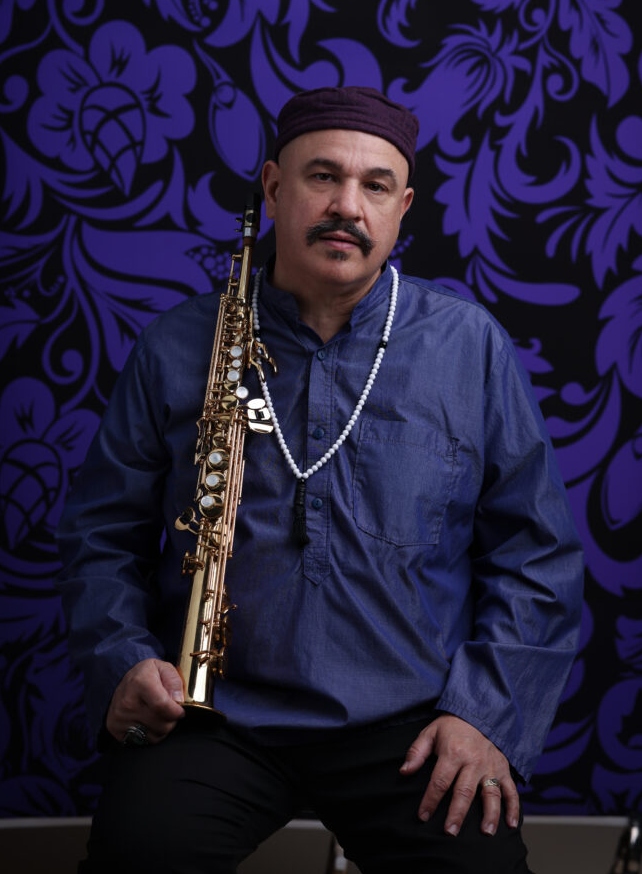The March 22 edition of Greasy Tracks featured the music of Freddie King and an interview with guitarist Popa Chubby who is poised to release a tribute album to the legendary bluesman.
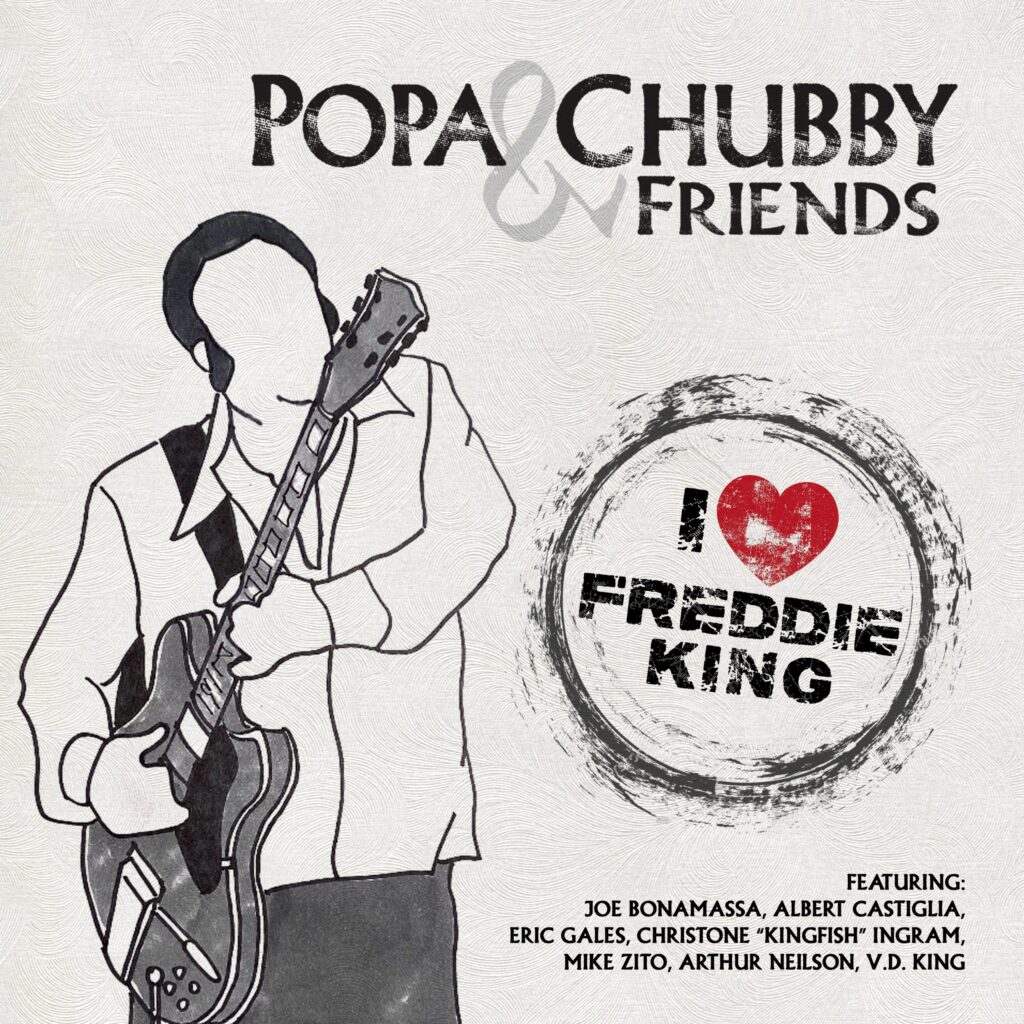
Here’s the archive, while a playlist is here.
Nicknamed “The Texas Cannonball,” King was a pioneering guitarist and singer, known for his fiery playing style and soulful voice. Blending Texas and Chicago blues to create a powerful, electrifying sound that influenced countless musicians — especially a number of British players in the 1960s who would one day be household names.
“Hide Away” (1960) and “The Stumble” (1962), co-written by King and long-time collaborator Sonny Thompson, proved to be vital. During their respective time with John Mayall’s Bluesbreakers, Eric Clapton, Peter Green and Mick Taylor tackled King-Thompson tracks with aplomb.
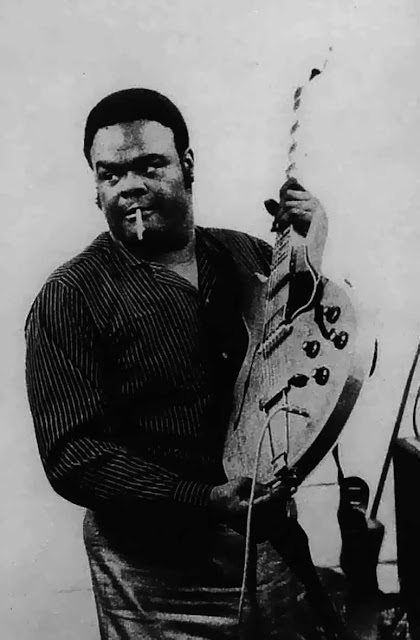
The aforementioned songs also caught the attention of New York-based Chubby when he was beginning his career as a teen. His I Love Freddie King (Gulf Coast Records) comes out March 28.
“To say I was dreaming about doing this record for 30 years would be an understatement,” Chubby wrote in the album’s liner notes. “I remember being 18, playing guitar for a year or two, and an older cat in the neighborhood telling me I had to check out Freddie King. I immediately listened to ‘Hideaway,’ and ‘Have You Ever Loved a Woman’ and my mind was changed forever.
“Years later, I signed with Sony Records and covered ‘Palace Of The King’ and ‘Same Old Blues’ from the Getting Ready… album.”
Getting Ready… (1971) was King’s debut on Shelter Records which was co-owned by Leon Russell and Denny Cordell. Co-produced by Russell and Don Nix, the sessions paired King with some of the top Tulsa musicians who had played with Russell for years. The album also featured the Nix-penned track, “Going Down” which King stylistically made his own, further influencing even more players. Jeff Beck and Stevie Ray Vaughan were clearly paying attention, even if Vaughan was more heavily influenced by Albert King.
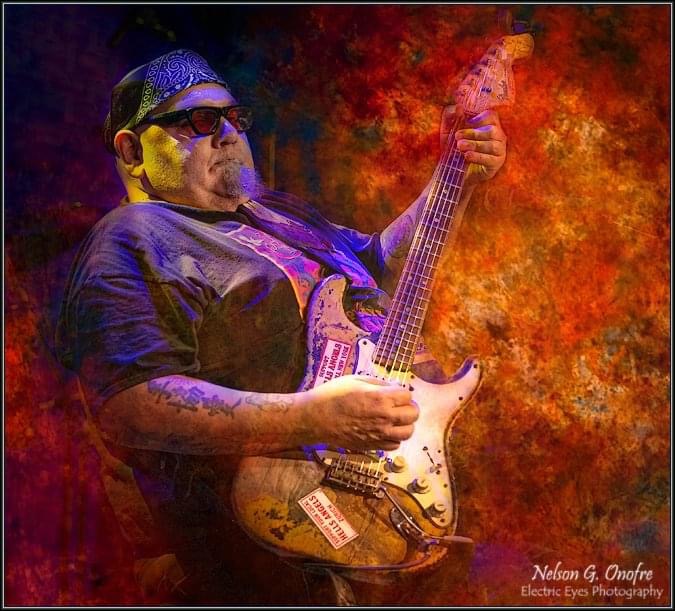
There are plenty of guest appearances on Chubby’s tribute effort with Joe Bonamassa, Mike Zito, Christone “Kingfish” Ingram, Eric Gales and Albert Castiglia sitting in. Tracks covered include the expected King-Thompson jewels as well as numerous tracks King himself covered and were long associated with him.
Regarded as one of the “Three Kings” in the blues world along with Albert King and B.B. King, Freddie King recorded numerous albums, but was really known for his live performances and hard-living life on the road — often doing 300 or more one-nighters a year. He died at the age of 42 in 1976.
Chubby has a number of dates looming in the tri-state area: March 29 at The Falcon in Marlboro, N.Y.; April 2 at Darryl’s House Club in Pawling, NY; April 18 at The Iron Horse in Northampton, Mass.; and following a European run, June 29 at Small Batch Cellars in North Haven.
